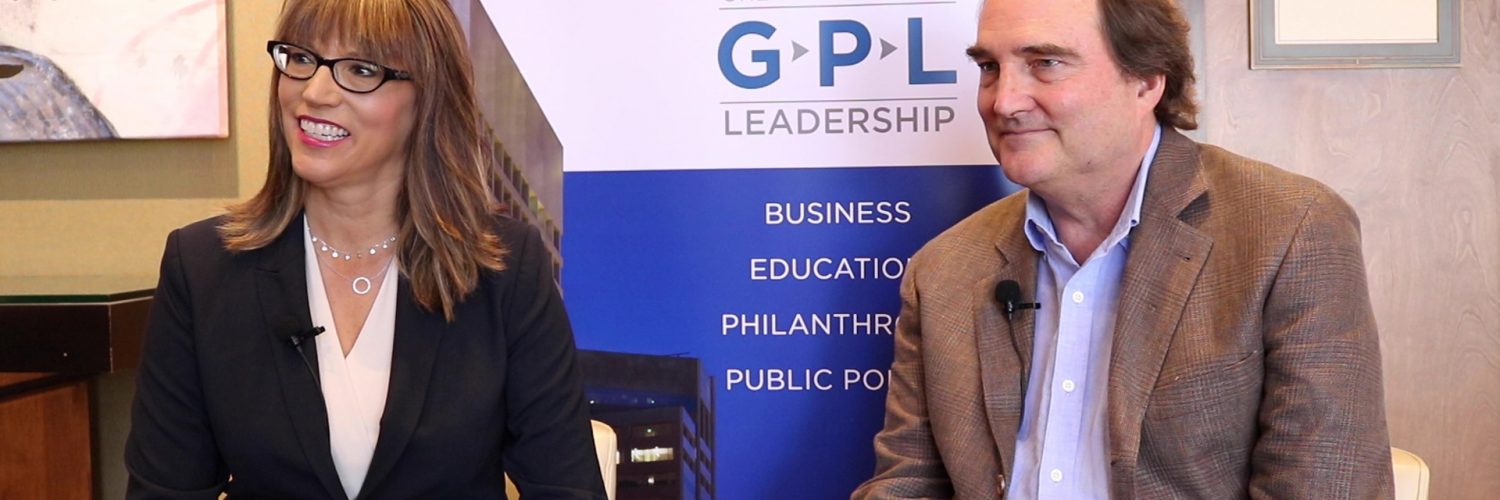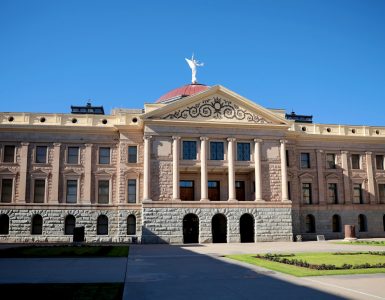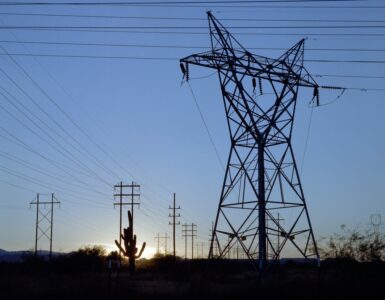If you ask politicians, every election is the most important election of their career.
“You hear it almost every two years, people say ‘no, no, no, really, this is the most important election in our history…’ Sometimes that’s true, but I think it is always true that an election creates the opportunity for a nation to pivot. That’s why they’re always important,” Business Roundtable Senior Vice President, Bill Miller said during an interview with CBN at Greater Phoenix Leadership’s CEO Summit.
While there’s no telling if the 2018 midterm is one of the most important elections in our country’s history, most agree it is unique.
According to Chief Scientist at YouGov and Professor of Political Science at Stanford University, Douglas Rivers, our national politics are interesting at the moment and “no one quite knows what’s going to happen.”
“Politics is something that is hard for people to avoid right now because the president makes it impossible for [them] to not get even a little bit of political news every day. Because of that, I think there’s more attention to this midterm than a typical midterm,” said Dr. Lynn Vavreck, Marvin Hoffenberg Professor of American Politics and Public Policy and Professor of Communications at UCLA.
Some predict a “blue wave” heading towards Washington, D.C., however, the polls may not accurately predict what lies ahead.
According to Rivers, he is surprised that Democrats have a lead in some national polling because it hasn’t translated into a huge number of guaranteed seats.
“The Republicans in 2016 won by six points and ended up with 244 seats in the House. I don’t think anyone, in their highest predictions for the Democrats, think they’ll get there this year,” he said. “I’d say [there’s a] three in one odd [for] the House. The Senate, I think, is probably almost the reverse odds of Republicans [being] likely to keep it.”
Dr. Vavreck and Rivers stated that increased enthusiasm is a driving force in this election.
“It’s interesting to think about in terms of 2018 in the different levels of enthusiasm for politics right now across the parties,” Dr. Vavreck said.
So, what would a Democratic House mean for the Republican administration?
“If the Democrats pick up the House [and] Republicans retain the Senate, the result of that will be pretty much the same of what we’ve had,” Rivers said.
“I think that we will move into a period of gridlock. I think that the Trump administration recognized … their ability to actually move legislation [should] really be the heaviest focus of [the] first couple years of their administration,” Miller said. “There’s no appetite for bipartisan agreements if Trump loses one or both Houses.”
The election will be held on November 6, 2018. To register to vote, click here; and to find your polling location, click here.
















Add comment